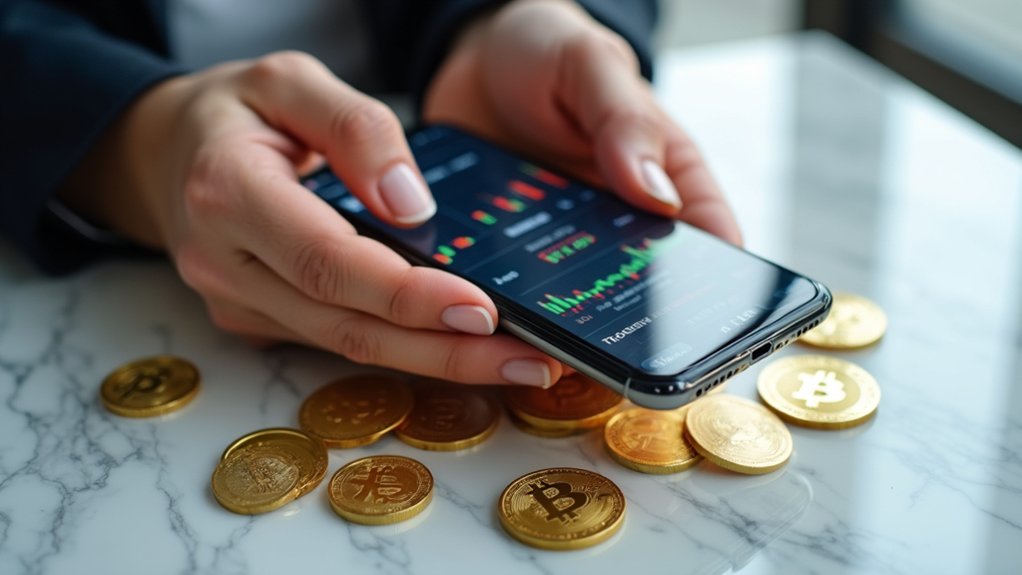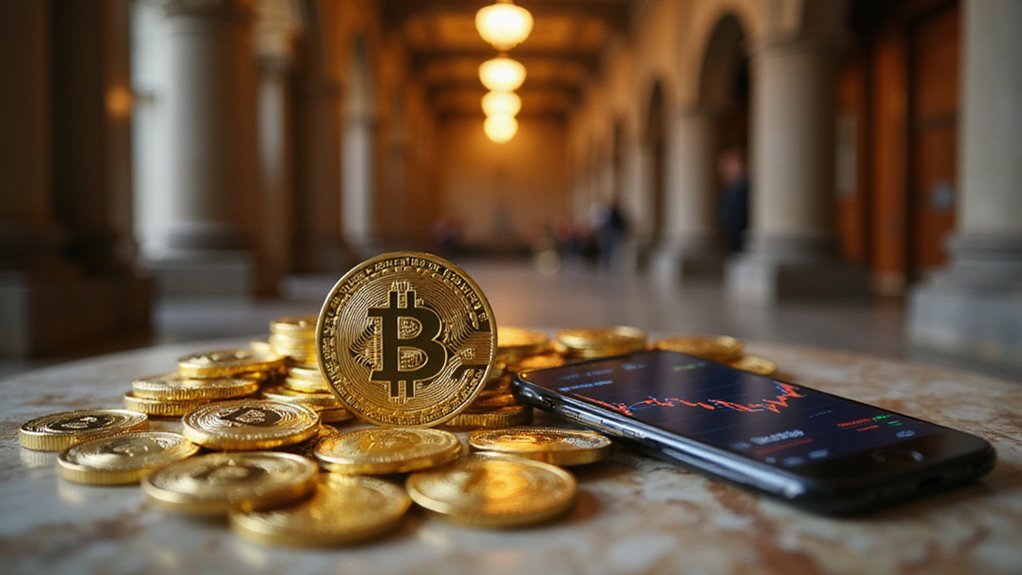BBVA has officially launched cryptocurrency trading and custody services for retail customers in Spain, marking the first time a traditional Spanish bank has integrated digital asset transactions directly into its mobile banking platform. This development, facilitated by regulatory approval from Spain’s National Securities Market Commission (CNMV) in March 2025, positions BBVA as the pioneering traditional financial institution to offer such services to Spanish retail clients.
The service enables customers to buy, sell, and hold Bitcoin and Ethereum through BBVA’s existing mobile banking application—a surprisingly seamless integration that eliminates the need for third-party platforms or external custodians. This fully integrated approach allows users to manage both traditional banking services and cryptocurrency portfolios within a single digital environment, suggesting that the once-formidable barrier between conventional banking and digital assets has finally begun to crumble.
Regulatory compliance represents a cornerstone of BBVA’s strategy, with the service adhering to the European Union’s Markets in Crypto-Assets (MiCA) regulation. This framework provides standardized legal protections across EU member states while reinforcing investor safeguards through thorough oversight mechanisms.
BBVA’s crypto service operates under EU’s MiCA regulation, ensuring standardized legal protections and investor safeguards across member states.
Significantly, BBVA maintains complete control over its custody infrastructure, enhancing client asset security without relying on external custodial arrangements—a prudent approach given the industry’s checkered history with third-party custodians. The bank’s smart contract implementation ensures secure, verified, and encrypted transactions that leverage distributed ledger technology.
The bank’s strategic positioning extends beyond Spain’s borders, building upon previous cryptocurrency service launches in Switzerland (2021) and Turkey (2023). This phased international expansion demonstrates BBVA’s methodical approach to digital asset integration, while future plans include expanding offerings to encompass additional cryptocurrencies, stablecoins, and tokenized assets. The bank’s extensive experience in blockchain technology, spanning over a decade, provides a solid foundation for these digital asset services.
Perhaps most intriguingly, BBVA actively participates in stablecoin development, including issuing a euro-backed stablecoin approved by Banco de España. This ambitious venture positions the institution to compete directly with established providers like Tether—a remarkable evolution for a traditional banking entity that once viewed cryptocurrency with considerable skepticism.
The launch represents more than technological innovation; it signals mainstream acceptance of digital assets within Europe’s banking ecosystem. By offering crypto services to retail customers of legal age, BBVA has effectively democratized access to digital assets while maintaining the regulatory oversight and security standards that traditional banking customers expect. The competitive landscape in Spain’s crypto market is intensifying, with over eight financial institutions having applied for virtual asset service provider registration to meet growing consumer demand for digital asset investment options.







